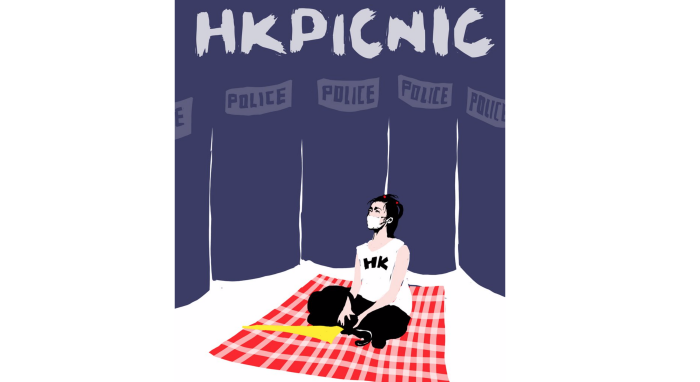请点此阅读中文版
Periodic reviews by UN expert bodies are not usually an occasion for much fanfare, and even less so now that COVID-19 measures have virtually eliminated in-person meetings, and led to the postponement of much of the bread-and-butter work of the UN human rights architecture (in this case, the system known as the ‘treaty bodies’). But last month, initial stages of a rights review for Hong Kong – coming on the heels of the implementation of a deeply problematic National Security Law imposed by Beijing – took on a sense of urgency.
Despite the pandemic, a broad range of civil society actors sent information to the Human Rights Committee, a group of 18 legal experts elected by States Parties to the International Covenant on Civil and Political Rights, as part of the standard review process. This information, in conjunction with the official report of the government, helped the experts determine a list of questions to guide their formal dialogue with the Hong Kong government, expected in late 2021.
The experts pulled no punches, as they asked for clear, concrete answers on how Hong Kong and Beijing are respecting fundamental freedoms in the territory.
“This kind of document is an important first step in the process of advancing accountability and reform in any country,” says ISHR Asia Advocate Sarah M. Brooks. “But for Hong Kong, this year and these issues are exceptional”.
‘Because of Hong Kong’s colonial history, they inherited human rights obligations that the government in Beijing does not have (nor, particularly, want),” Brooks observes. ‘With the rapid collapse of the ‘one country, two systems’ framework this year – and especially the imposition of the National Security Law – the review by the Human Rights Committee is a chance to emphasise the growing gaps between rights protections on paper, and the reality facing human rights defenders and the pro-democracy movement on the ground”.
While the government’s report covered all human rights issues enumerated in the International Covenant, or ICCPR, the job of the experts was to drill down and identify the most pressing issues for discussion and debate. In addition to perennial themes like the need for an independent national human rights institution, persistent concerns of forced labour and human trafficking and lingering weaknesses in anti-discrimination laws, the questions from the experts also responded to urgent human rights concerns such as:
- the compatibility of National Security Law provisions with treaty protections, especially insofar as ‘secession’, ‘subversion’ and ‘terrorist activities’ are ambiguously defined
- the scope of the National Security Law’s extraterritorial application, and the powers and immunities it provides to newly established law enforcement mechanisms
- the laws regulating use of force by the police; their specific application (including in the siege of City University); and accountability for excessive use of force
- freedom of expression, including threats to human rights defenders and journalists and to academic freedoms, and
- freedom of peaceful assembly, including long-delayed legal proceedings against Umbrella Movement leaders; arbitrary arrest of peaceful protestors; and the 18 April 2020 arrest of 15 pro-democracy figures
“The List of Issues that the Committee has sent to the government paints a clear and worrying picture,” Brook continues. “And it puts the ball back in Hong Kong and Beijing’s court to justify their efforts to dissolve legal safeguards, stifle dissent and chip away at democratic institutions”.
“The treaty review process is a key tool for existing international monitoring, but given the scale and scope of Chinese authorities’ violations, it cannot be the only tool – a mechanism dedicated to specific, expert and independent monitoring of human rights violations committed by the Chinese government is long overdue”.




